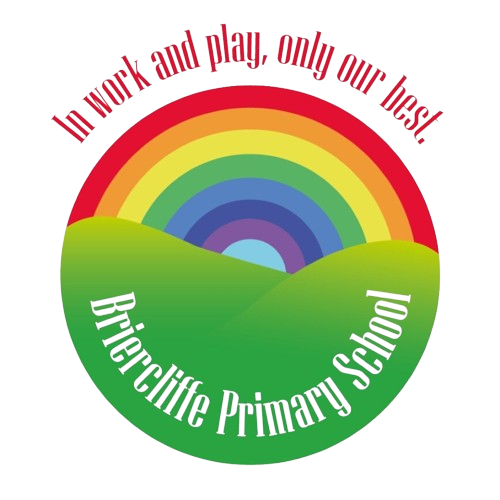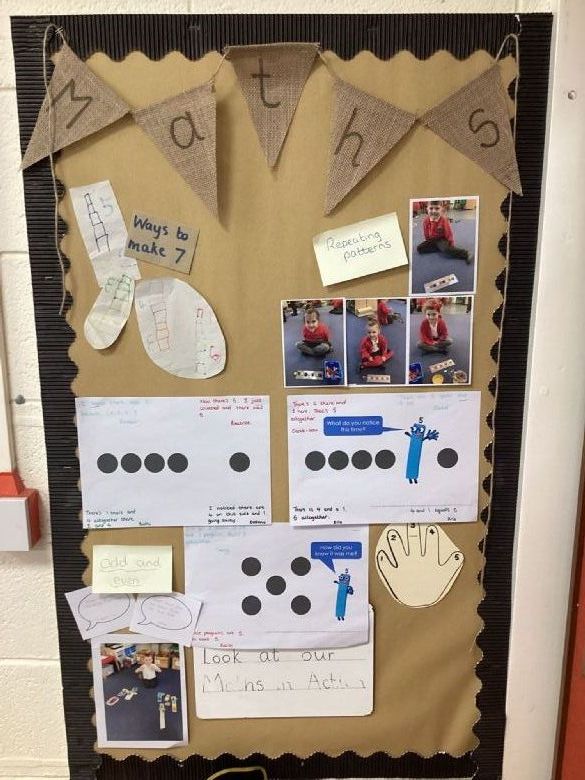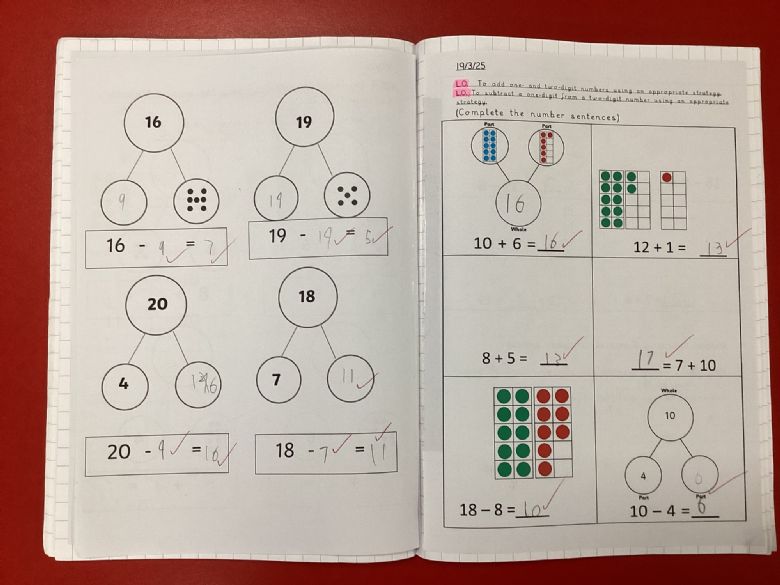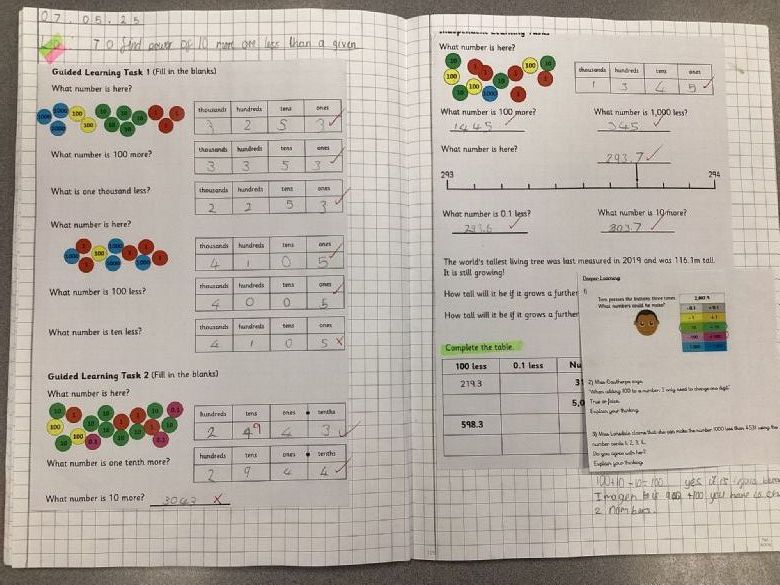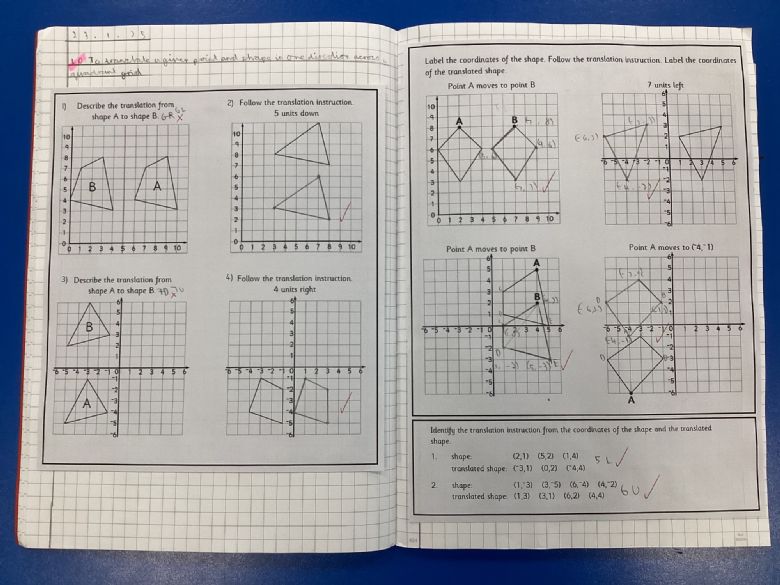Maths
Our vision for Maths at Briercliffe:
Our vision at Briercliffe is for all children to be competent and confident mathematicians who can fluently recall and apply mathematical ideas and concepts in a range of contexts, become ‘life-long learners’ and are prepared for their next stage in life. To do this, all learners are delivered a mastery curriculum; making sure learners have the necessary foundational knowledge to grasp more advanced concepts.
Aims of our Curriculum
Our curriculum at Briercliffe is planned to reflect our vision for Mathematics and the aims of the National Curriculum.
The National Curriculum aims to ensure that all pupils:
- become fluent in the fundamentals of Mathematics, including through varied and frequent practice with increasingly complex problems over time, so that pupils develop conceptual understanding and the ability to recall and apply knowledge rapidly and accurately.
- reason mathematically by following a line of enquiry using mathematical language.
- can solve problems by applying their Mathematics to a variety of routine and non-routine problems; including breaking down problems into a series of simpler steps and persevering in seeking solutions. These skills can subsequently be applied to ‘Deeper Learning Challenges’.
Curriculum Intent
Our curriculum is planned in a coherent and progressive sequence.
Early Years: NCETM mastering number scheme of work is used to ensure the aims of the EYFS statutory framework are met and embedded. Additionally, White Rose planning documents are used as a resource to supplement teaching.
To aid transition, Year 1 begin the academic year teaching the NCETM mastering number scheme in addition to Red Rose Mastery Curriculum.
Year 1 to Year 6: the teaching sequence is based on planning and resources from the Red Rose Mastery Curriculum. The scheme supports a ‘Teaching for Mastery Approach’.
Whole school:
- The curriculum has been structured to ensure that all children are regularly asked to reason and problem solve within their daily Maths lesson, thus ensuring that concepts and knowledge are embedded through the application of basic number and calculation skills.
- Activities are created by teachers which progress children’s learning from the basic concept at an age-related level, through application and deepening of learning and through routine and non-routine problems.
- Children are asked to reason about and explain their mathematics at various points in the lesson. .
- Fluency in Maths is practised and taught in regular 20-minute sessions over and above the daily Maths lesson delivered via a ‘Morning Challenge’.
- Knowledge and skills are planned and used across the wider-curriculum whenever appropriate
